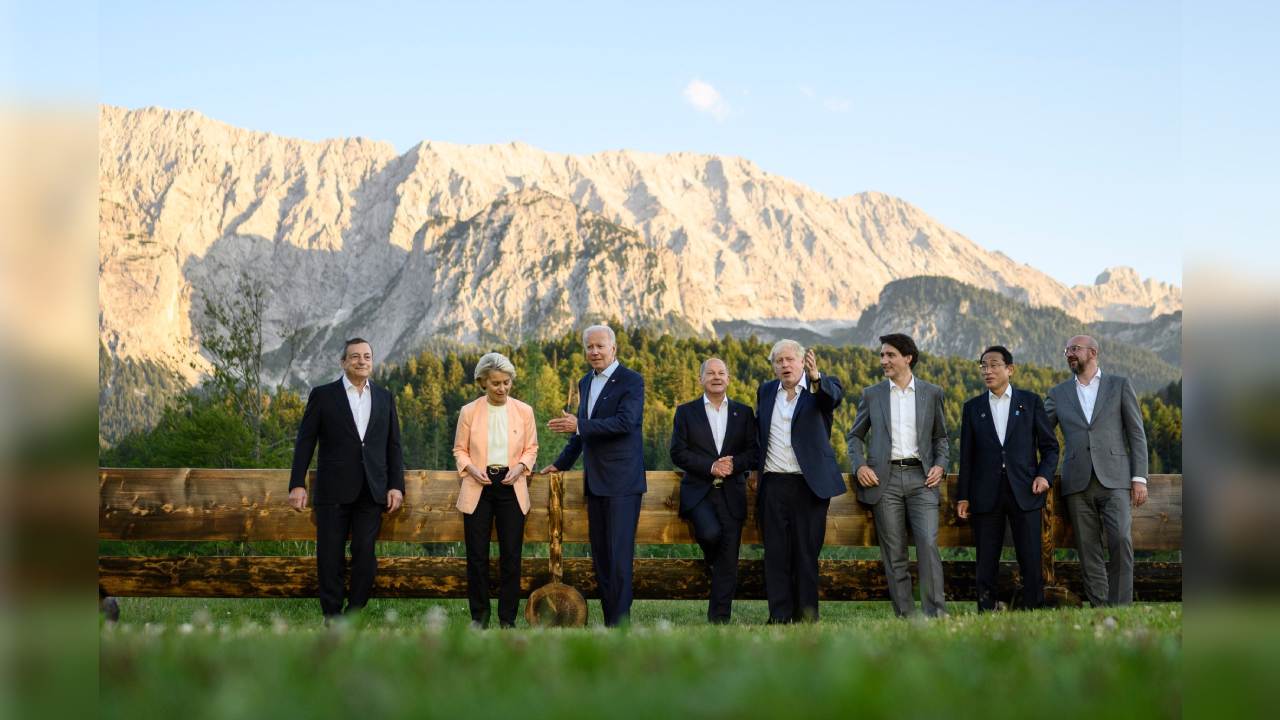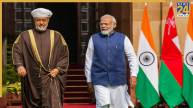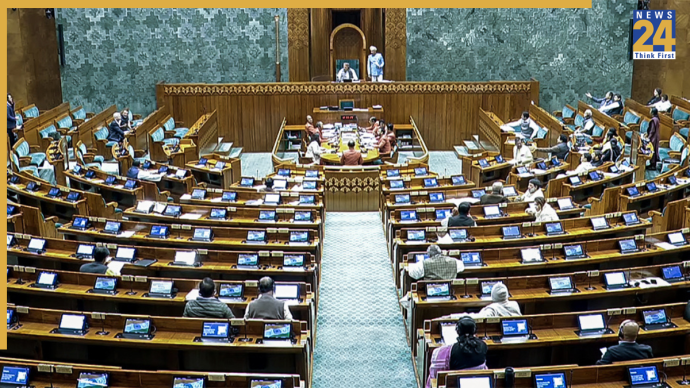New Delhi: The G-7 program is a way of responding towards China’s Belt and Road Initiative (BRI). The West sees this scheme a method to disintegrate the economic outlook of their host partners. They argue that this a trap in which the receiving nations are trapped with investments that give more return to China rather than the host nations.
The West is collectively trying to create a parallel scheme in a bid to bypass China. The White House says that it will make investments of $200 billion as leverage in exchange of US investments. A similar amount will also be invested from the G-7 allies. This will help in boosting the infrastructure development in lower- and middle-income countries.
The statement further adds that most of the funding will be ingested via private sector, sovereign wealth, and global development funds instead of the direct taxpayer money.
In the first roll out of initiatives there will be direct investments in initiatives such as a solar farm in Angola, West Africa worth $2 billion. There will be a further investment of $320 million for hospital construction in Ivory Coast in West Africa. Another $40 million will be invested in promoting the regional energy trade in Southeast Asia.
Ursula von der Leyen, the President of European Commission, took a jab at China, said that G-7 will be offering “sustainable, quality infrastructure” and will be “listening closely to the recipient, countries.”













